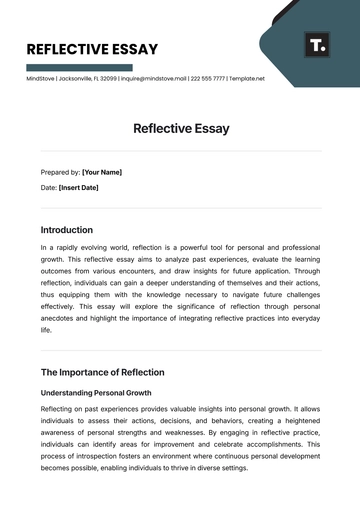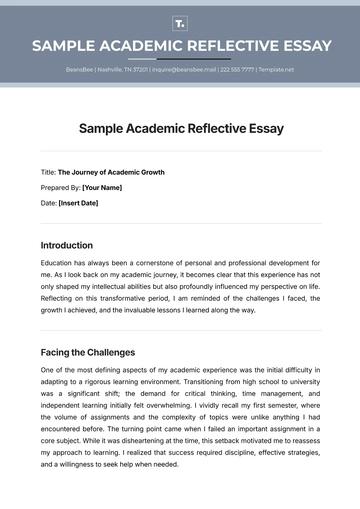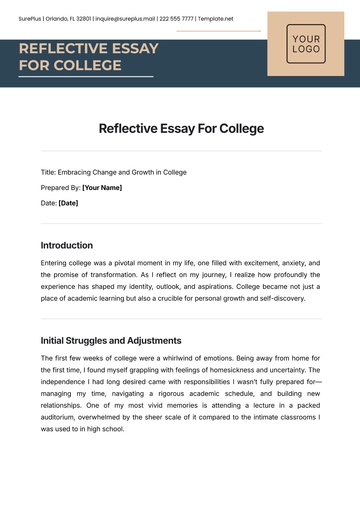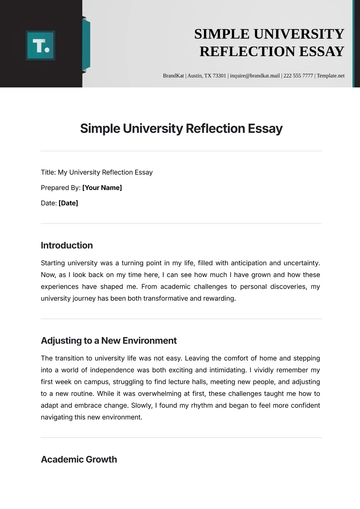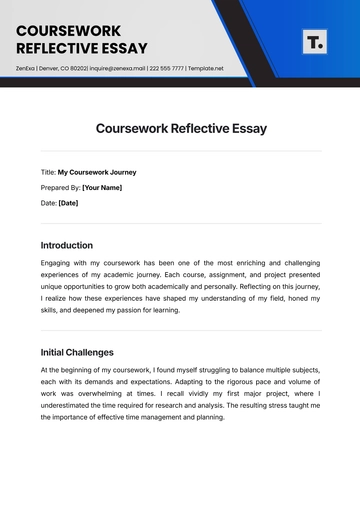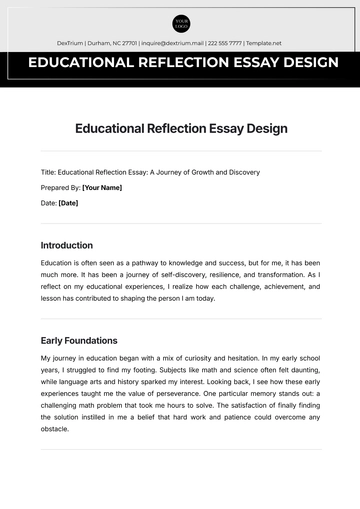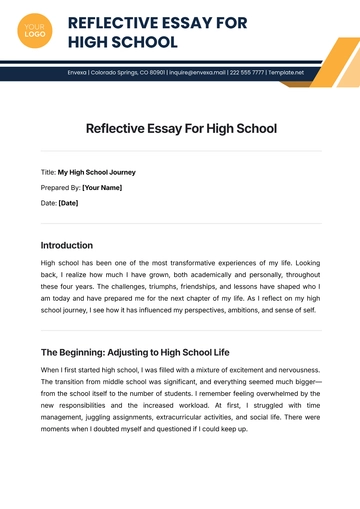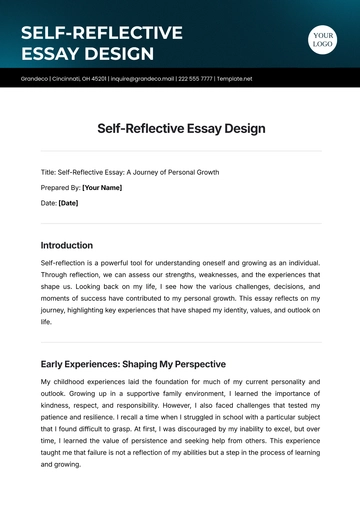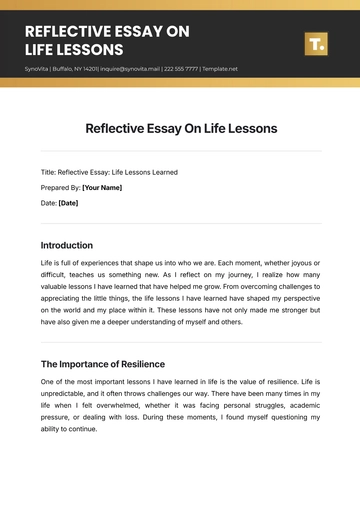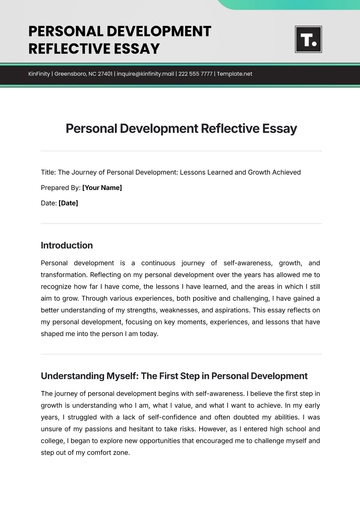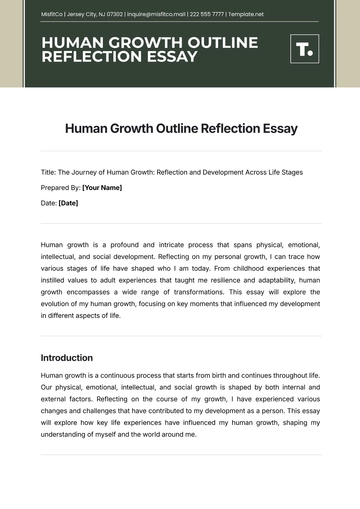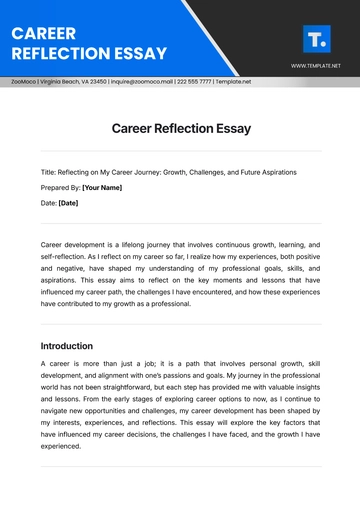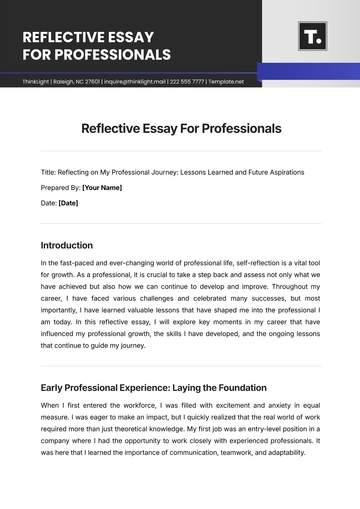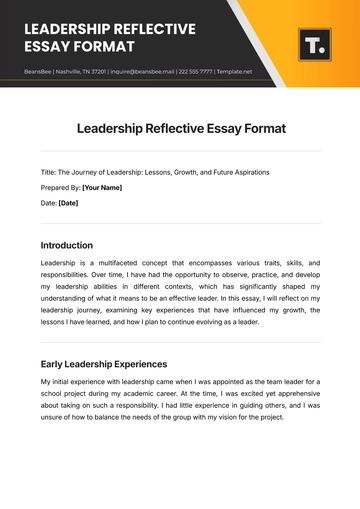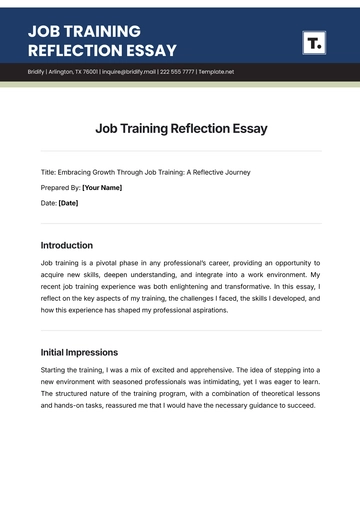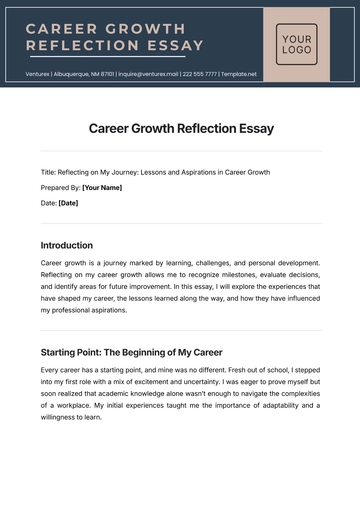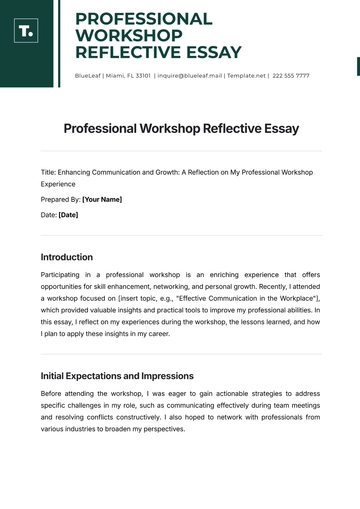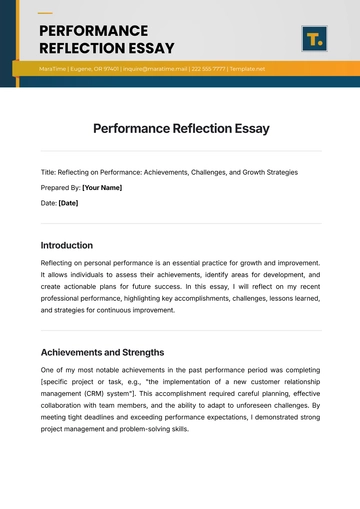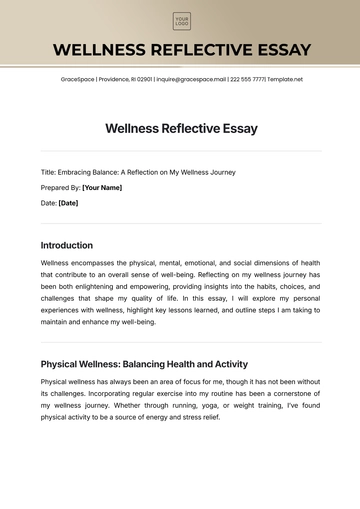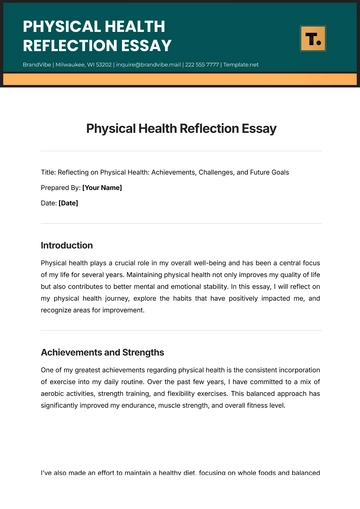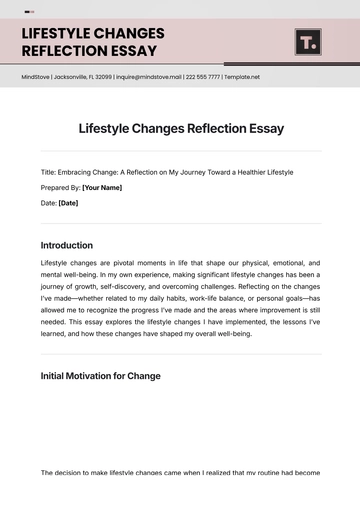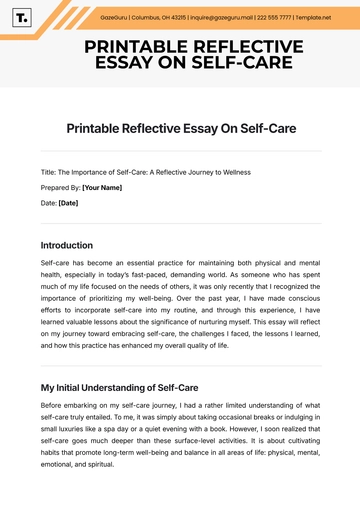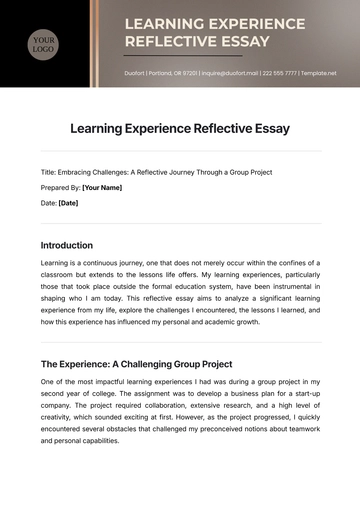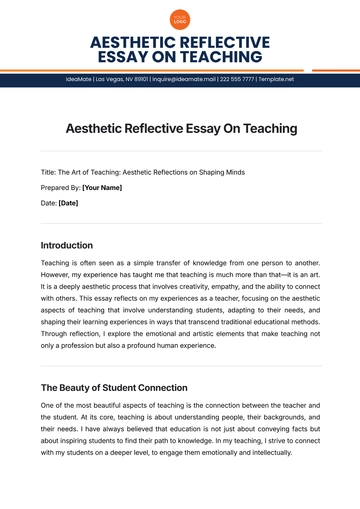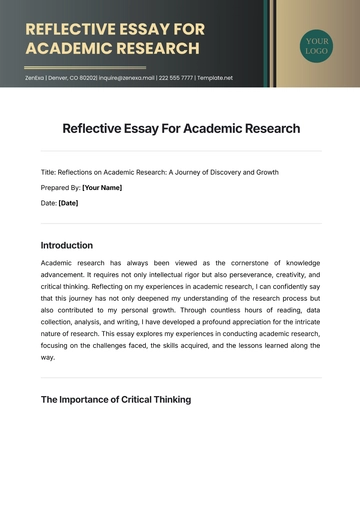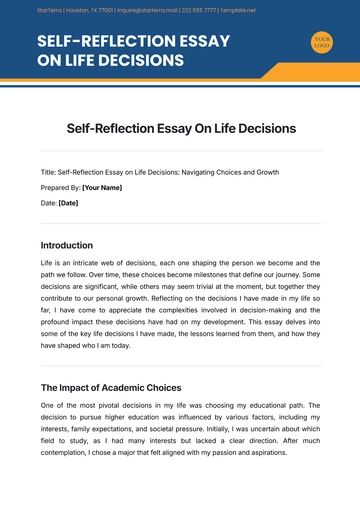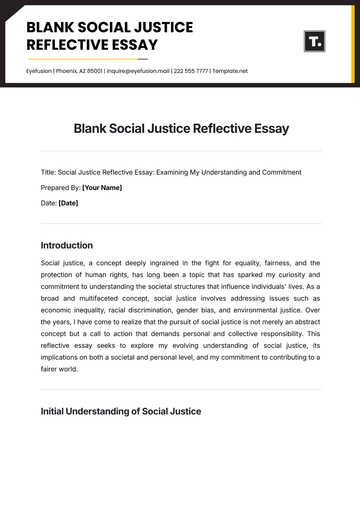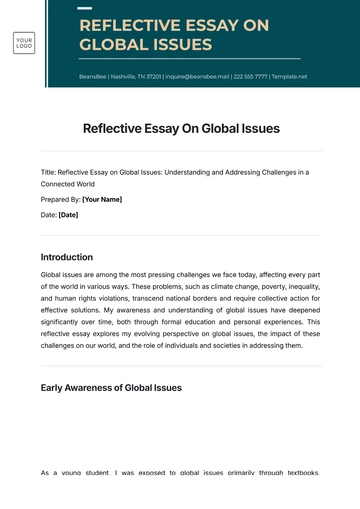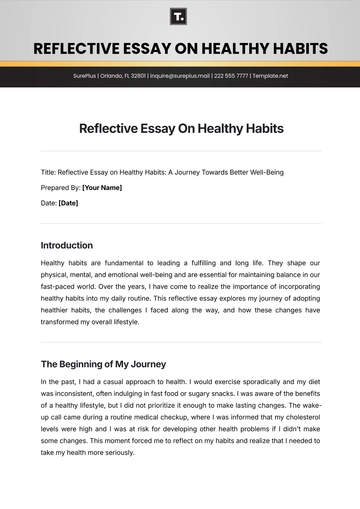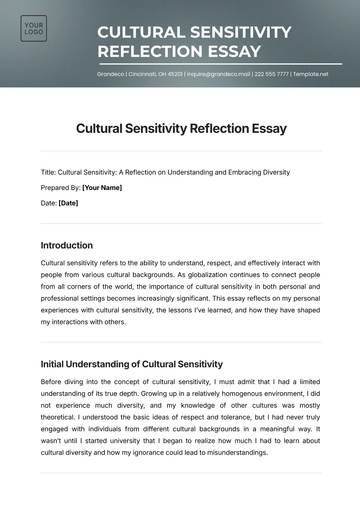Free Reflective Essay On Global Issues
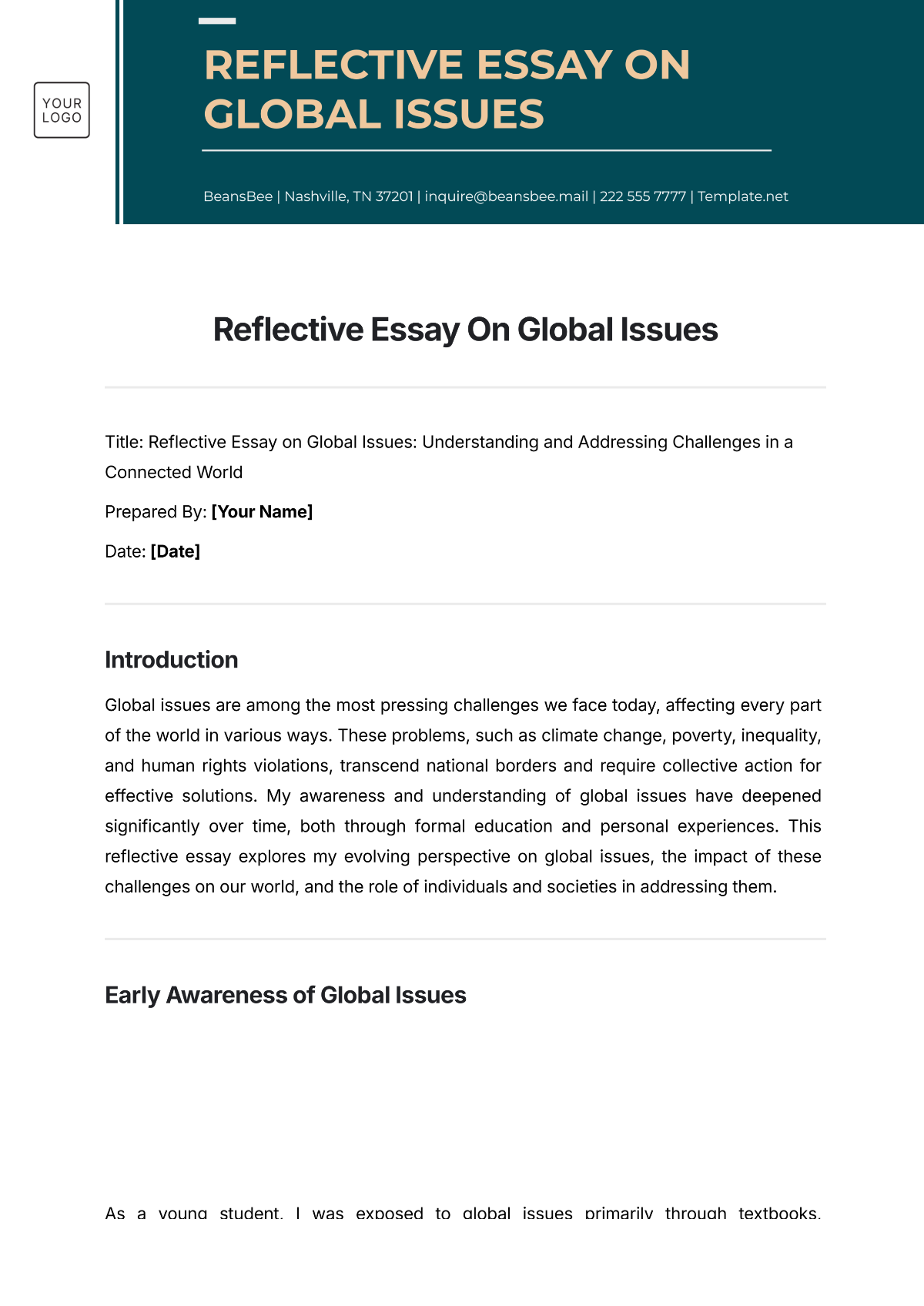
Title: Reflective Essay on Global Issues: Understanding and Addressing Challenges in a Connected World
Prepared By: [Your Name]
Date: [Date]
Introduction
Global issues are among the most pressing challenges we face today, affecting every part of the world in various ways. These problems, such as climate change, poverty, inequality, and human rights violations, transcend national borders and require collective action for effective solutions. My awareness and understanding of global issues have deepened significantly over time, both through formal education and personal experiences. This reflective essay explores my evolving perspective on global issues, the impact of these challenges on our world, and the role of individuals and societies in addressing them.
Early Awareness of Global Issues
As a young student, I was exposed to global issues primarily through textbooks, documentaries, and news outlets. However, my understanding of these issues was relatively superficial. I knew about problems like poverty and pollution, but I did not fully grasp their scope or their interconnectedness. Issues such as climate change seemed distant, affecting only those in other countries, and I viewed them as problems for governments and large organizations to solve. At that point, I felt somewhat detached from global problems and did not see my role in addressing them.
The turning point in my perspective came when I participated in a high school debate competition on climate change. The research I did for this competition opened my eyes to the science behind global warming, its causes, and its devastating impacts. I learned how deforestation, overconsumption of resources, and industrial activities contribute to the problem. The more I researched, the more I realized that climate change was not an abstract concept but a real and urgent threat affecting millions of lives worldwide. This experience marked the beginning of my deeper engagement with global issues.
Expanding Understanding of Global Issues
As I continued my education and became more exposed to diverse viewpoints and experiences, my understanding of global issues expanded. I began to recognize that many of these problems are interconnected. For instance, climate change is not only an environmental issue but also an economic and social one. Rising temperatures and extreme weather events lead to crop failures, which, in turn, cause food shortages, rising prices, and social unrest. Furthermore, marginalized communities are disproportionately affected by these changes, as they often lack the resources to adapt or recover from environmental disasters.
Similarly, I came to understand that issues such as poverty and inequality are not isolated phenomena but are often the result of complex global systems. For example, wealthier countries have historically exploited the resources of poorer nations, perpetuating cycles of poverty and underdevelopment. Additionally, international trade policies and financial systems often exacerbate inequality, as they favor multinational corporations and wealthy elites over local communities and small businesses. The realization that global issues are deeply rooted in historical and structural inequalities has been pivotal in my understanding of how to address these problems effectively.
The Role of Media and Globalization
Throughout my journey of learning about global issues, the role of media has become increasingly evident. Global issues are often framed in ways that reflect the values, interests, and biases of the media outlets presenting them. While some outlets work to raise awareness and promote positive change, others sensationalize or trivialize the importance of certain issues. I have learned to critically assess the information presented in the media and to seek out diverse sources to get a fuller understanding of global problems.
Globalization has also played a significant role in shaping my view of global issues. While globalization has led to greater interconnectedness, it has also resulted in the rapid spread of problems across borders. Issues such as economic recessions, pandemics, and political instability no longer remain confined to specific regions but can have ripple effects worldwide. The COVID-19 pandemic, for example, has shown how quickly a health crisis in one country can become a global issue. In this sense, globalization has made it more apparent that no nation exists in isolation and that the challenges we face are shared by all.
Personal Reflections on Global Issues
Reflecting on global issues has also made me examine my role and responsibility in addressing them. I have realized that while it may seem overwhelming to tackle such vast problems, individual actions can make a difference. For instance, adopting a sustainable lifestyle, reducing waste, supporting ethical businesses, and raising awareness about global issues in my community are all ways I can contribute to positive change. I have also realized the importance of staying informed and engaging in conversations about global issues to keep them at the forefront of public discourse.
One of the most impactful personal reflections I have had is the realization that change often begins with individuals, but it requires collective action to achieve lasting results. I have come to understand that global issues, while often complicated, are not insurmountable. Through collaboration, innovation, and a shared commitment to justice and equality, we can make progress in addressing these challenges. However, this requires not only individual action but also political will and systemic change. Governments, corporations, and international organizations must work together to create policies that prioritize sustainable development, human rights, and social justice.
Conclusion
In conclusion, my understanding of global issues has evolved from a vague awareness to a deep recognition of their complexity and interconnectedness. The problems we face, such as climate change, inequality, and poverty, are not isolated but are deeply interwoven with global systems of power, economy, and culture. Reflecting on these issues has helped me realize that while they are daunting, they are not beyond our collective ability to address them. By recognizing the interconnectedness of global issues, staying informed, and taking action in our own lives, we can contribute to meaningful change. The challenge now is to engage with these problems with urgency, compassion, and a commitment to a more equitable and sustainable future for all.
- 100% Customizable, free editor
- Access 1 Million+ Templates, photo’s & graphics
- Download or share as a template
- Click and replace photos, graphics, text, backgrounds
- Resize, crop, AI write & more
- Access advanced editor
